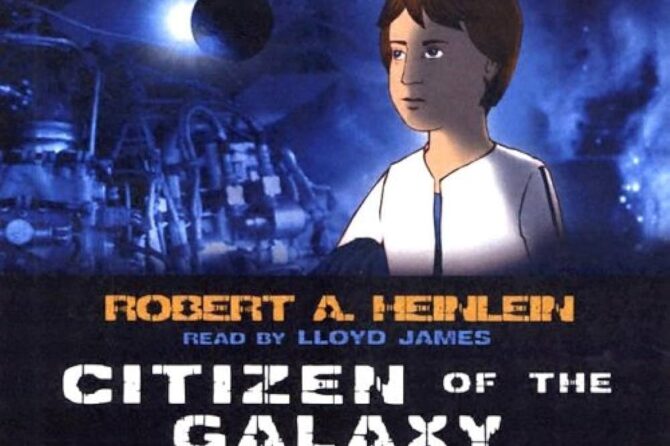Science Fiction doesn’t have to be smart to be good. But in many cases, it certainly helps.
In a smart series from STM (Science, Technical, and Medical) publisher Springer, works under the “Science and Fiction” banner may be targeted more toward the educated members of fandom, those who proudly call themselves laymen in the genre are bound to enjoy some of these books as well.
 Released the summer of 2016, Murder on the Einstein Express and Other Stories by accomplished author Harun Šiljak is a strong installment of the series. Okay, Šiljak has a few other accomplishments to his credit. With a BoEE and MoEE from University of Sarajevo’s Department of Control and Electronics and a PhD in Signal Processing from International Burch University’s Electrical and Electronics Engineering Department, the author’s clout does lend some sense of legitimacy to the stories.
Released the summer of 2016, Murder on the Einstein Express and Other Stories by accomplished author Harun Šiljak is a strong installment of the series. Okay, Šiljak has a few other accomplishments to his credit. With a BoEE and MoEE from University of Sarajevo’s Department of Control and Electronics and a PhD in Signal Processing from International Burch University’s Electrical and Electronics Engineering Department, the author’s clout does lend some sense of legitimacy to the stories.
Somewhat of a tribute to those influential to the author, the stories appearing here tend to deal heavily with elements of artificial intelligence, an area of study where the author’s research often finds itself. Yet, even though the book is just under 80 pages in length, the complexity of the stories will slow the reader down a bit, a necessity to fully appreciate the overall body of work.
Normed Trek (The Mathematical Intelligencer, Volume 36, Issue 3, September 2014) incorporates mathematical equations in the role of characters. Though a bit confusing for some of those who cringe when asked to help their kids with homework (guilty), the personification of mathematic variables will give readers a unique perspective on character development. In comparison, fans of the 1884 cult classic Flatland by Edwin A. Abbott will be interested in Šiljak’s abstract world in relationship to Abbott’s renowned geometric setting.
Cantor Trilogy (Journal of Humanistic Mathematics, Volume 5, Issue 1, January 2015) takes readers into the competitive world of mathematics research, particularly the opposition between human and computerized mathematicians.
In Search of Future Time (first published in this collection) is a collection of short stories, flashes of separate analog journeys that seem to have been pulled together to form a bigger picture.
The fourth and final installment of this collection is Murder on the Einstein Express (first published in this collection), a crime story told within a story.
Not for the average fantasy seeking fan, Murder on the Einstein Express and Other Stories by Harun Šiljak stretches the parameters of science and fiction by bringing mathematics and physics to life in a collection that will find the most success within a niche audience. At times the technical aspect forces its way to the front, obscuring and weakening the literary value many readers look for in this kind of book. Unless you have a mathematical background or are fan of the art of mathematics, the plot could easily get lost in the science. In this book, the bright, shining element turns out to be the smart science, the determining factor of its success depending on your perspective. Hey, if you’re looking to extend your appreciation of the science and don’t mind the fictional setting, you might want to give this book a try.










